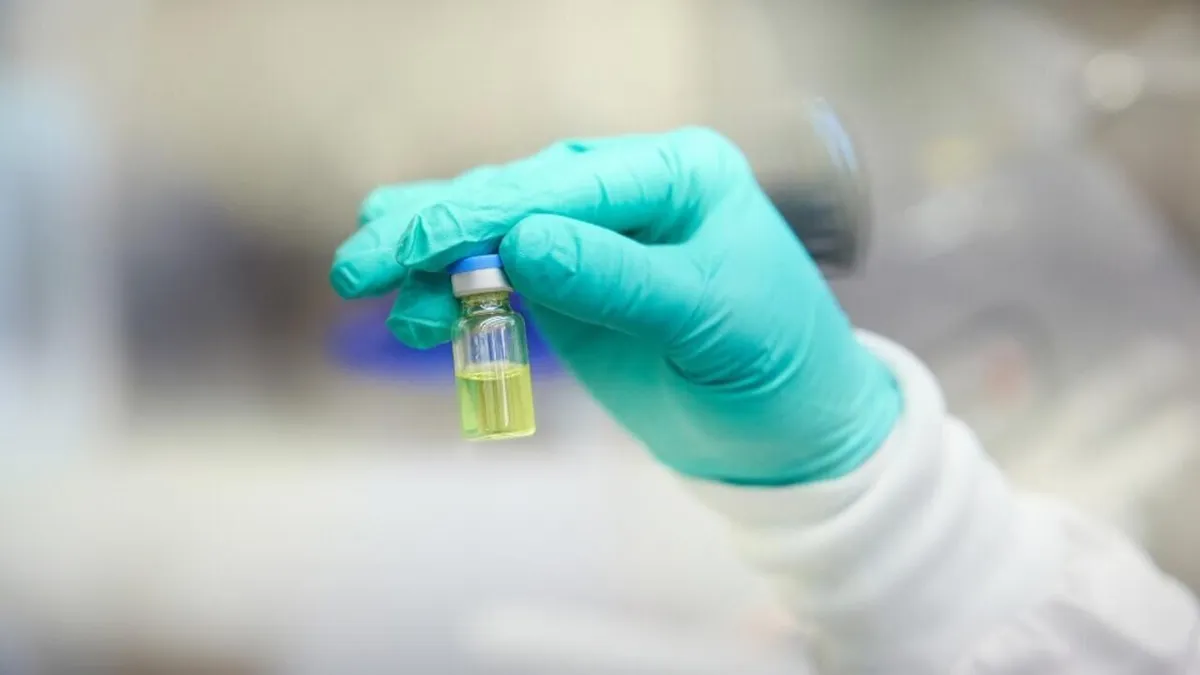
In a significant advancement for global health, generic versions of a revolutionary injectable drug for HIV prevention are set to be offered for just $40 a year in over 100 countries starting in 2027. This initiative, announced by Unitaid and the Gates Foundation, aims to enhance access to lenacapavir, a twice-yearly injection that has been shown to reduce the risk of HIV transmission by more than 99.9 percent.
The partnerships formed with Indian pharmaceutical companies are crucial for producing these cheaper generic versions of lenacapavir, which is currently marketed under the brand name Yeztugo by California-based Gilead Sciences. In the United States, the annual cost of lenacapavir is around $28,000, making affordable alternatives essential for scaling up HIV prevention efforts, according to Carmen Perez Casas, Unitaid's strategic lead for HIV. She emphasized, "Now, with this product, we can end HIV."
Unitaid has confirmed a partnership with Dr. Reddy's Laboratories, the Clinton Health Access Initiative (CHA), and Wits RHI to ensure that the drug is available at an accessible cost of $40 per person annually across 120 nations by 2027. "The product is going to be initially manufactured in India," said Perez Casas, indicating plans for future regional production.
On the same day, the Gates Foundation announced a similar collaboration with Indian pharmaceutical company Hetero. Trevor Mundel, head of global health at the Gates Foundation, stated, "Scientific advances like lenacapavir can help us end the HIV epidemic if they are made accessible to people who can benefit from them the most."
Since 2010, global initiatives have successfully reduced the number of new HIV infections by 40 percent. However, UNAIDS data indicates that approximately 1.3 million people contracted HIV in 2024, underscoring the urgent need for effective prevention strategies.
While waiting for the rollout of these new generic versions, an existing agreement between Gilead and the Global Fund aims to ensure affordable access to lenacapavir in low-income countries. Recently, Washington confirmed its commitment to honor a 2024 agreement that supports this project, safeguarding it from potential cuts in foreign aid.
This initiative follows the U.S. approval of Yeztugo in June and aims to deliver the first units to at least one African country by the end of this year. The availability of affordable HIV prevention methods like lenacapavir is a crucial step towards combatting the epidemic and improving health outcomes in vulnerable populations worldwide.